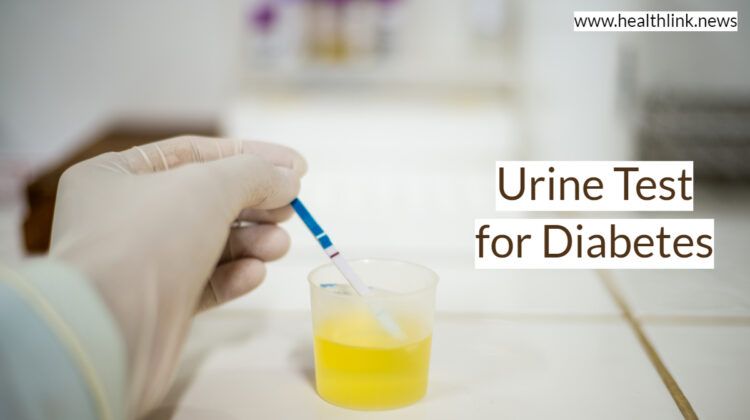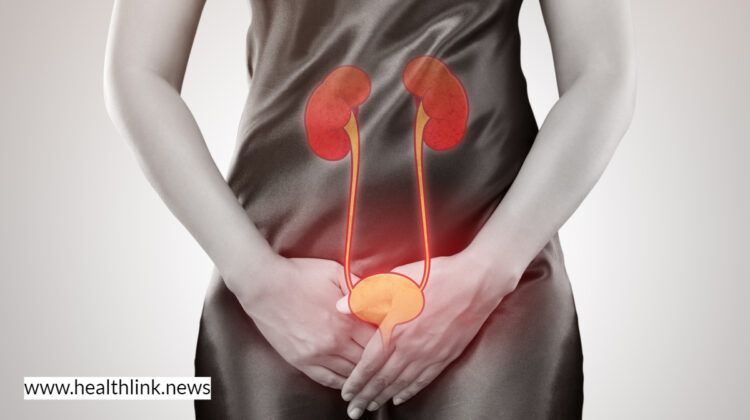1. Why is Doc India important for urology treatment?
Doc India will aid in providing the best healthcare facilities in the country, along with the topmost urologists experienced in treating various types of urological diseases at affordable rates.
2. Should you consult a urologist if you have traces of blood in your urine?
The trace of blood in the urine is a serious health concern and may indicate underlying urological health issues or other severe diseases. So, it is always advisable that if you notice blood coming out through urine, you must always consult a urologist.
3. What are the symptoms of erectile dysfunction?
Some of the major symptoms of erectile dysfunction that are mostly cured by the urologists include the following:
Anorgasmia, or the inability to achieve orgasm after ample stimulation
Erection problems
Decreased desire
Problems in keeping an erection
Reduced sexual desire
Premature ejaculation
Delayed ejaculation.
4. What kind of diseases do urologists treat?
The most common types of diseases that are cured by urologists mostly include kidney problems. such as kidney stones and kidney blockages, other conditions include the following:
prostate gland enlargement
interstitial cystitis, also called painful bladder syndrome
prostatitis, which is inflammation of the prostate gland
urinary tract infections (UTIs)
varicoceles, or enlarged veins in the scrotum.
5. Can urologists treat overactive bladder problems?
Yes, if you experience the symptoms of overactive bladder such as bedwetting or frequent urge to urinate, you must consult a urologist, who will help you to recover from this condition by recommending medications, altering behavioral patterns, and controlling lifestyle practices.
6. When should you consult a urologist?
Certain symptoms will be signal you that you must consult a urologist, some such symptoms are listed below:
pain or burning during urination
trouble urinating
urine leakage
a frequent or urgent need to urinate
pain in your lower back, pelvis, or sides
traces of blood in your urine.
7. What kind of diagnostic procedures are used by urologists?
Before treating urological disorders, urologists need to undergo necessary diagnostic tests to understand the conditions of the disease and treat them accordingly. The most common diagnostic methods which are used include CT scan, cystoscopy, X-rays, MRI scan, ultrasound, etc.
8. What is cystectomy?
Cystectomy in urology is a surgical method that is used to remove all the parts of the urinary bladder or maybe the entire bladder. It is an important surgical procedure, conducted to treat cancer in the bladder.
9. Is a kidney transplant necessary?
Urologists do not always advise their patients to undergo kidney transplants, but if the kidneys are too damaged and are beyond repair, then it is important to undergo a kidney transplant.
10. What are the symptoms of UTI?
Some of the major symptoms of Urinary Tract Infection or UTI include:
Burning sensation when urinating
Blood in urine
Urinating small amounts
Cloudy urine
Bedwetting
Strong-smelling urine
Pelvic pain in women
Pain in the penis or rectum in men
Mental confusion (mostly older people).
Top 10 General Physician Doctor in Bangalore | Top 10 Nephrologist in Bangalore | Top 10 Neurosurgeon in Bangalore | Top 10 Nutritionist in Bangalore | Top 10 Obstetricians and Gynecologists in Bangalore
Frequently Asked Questions
News Articles

Urine Test for Diabetes or Glucose Level ...Read More

Foods That Good For Kidney Disease ...Read More

Urinary Tract Infection: Main Causes and ...Read More


